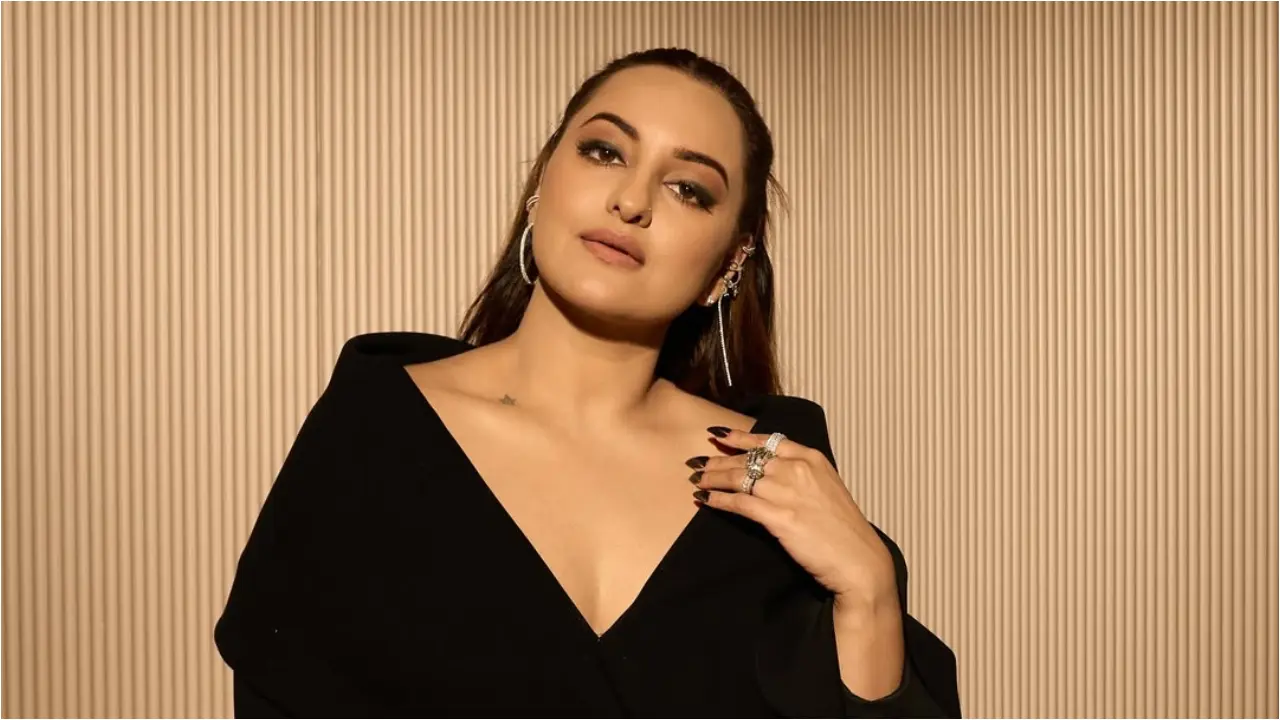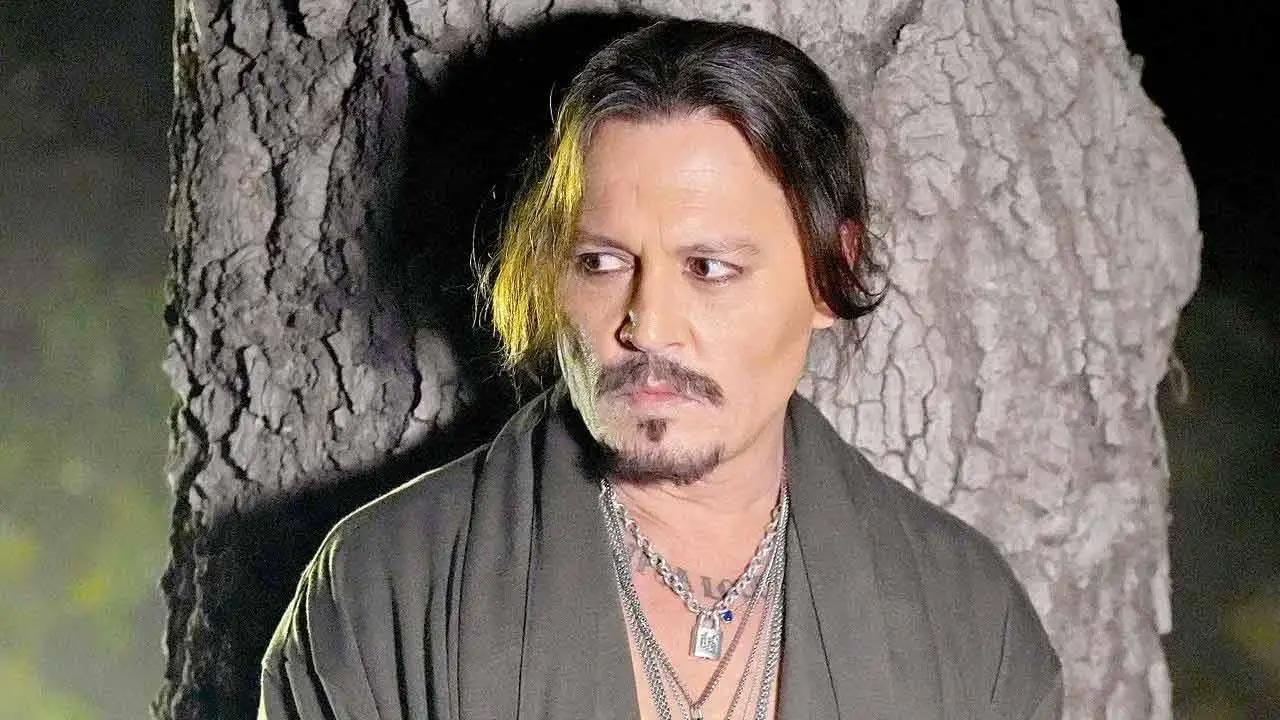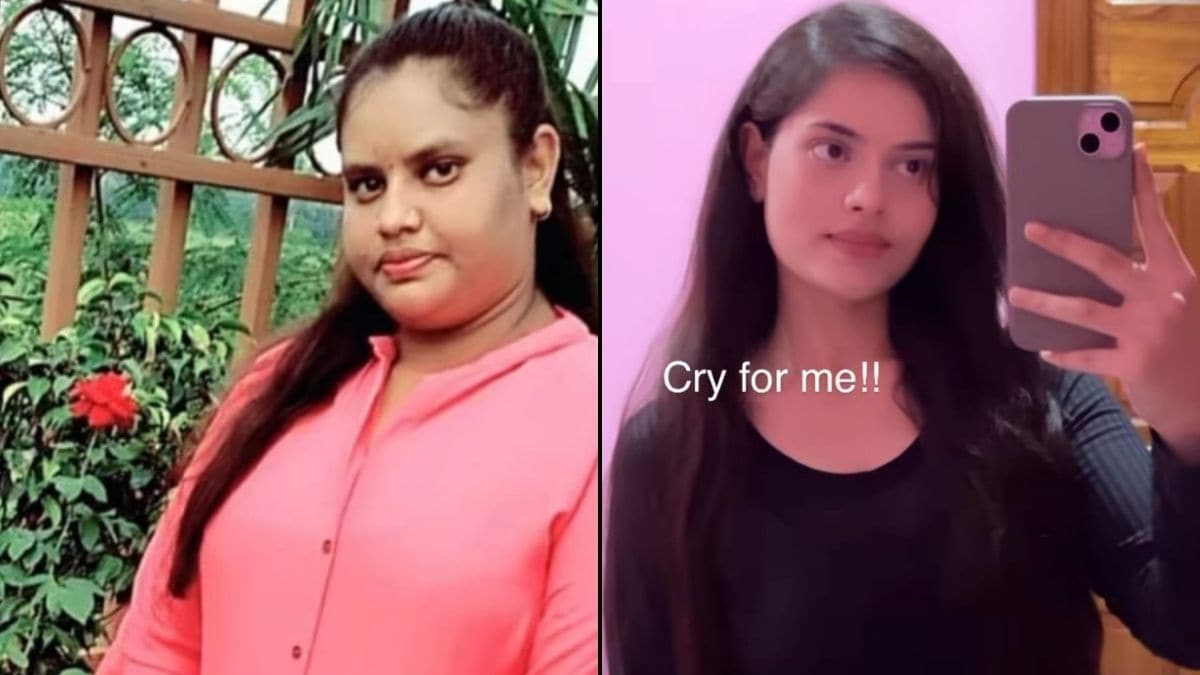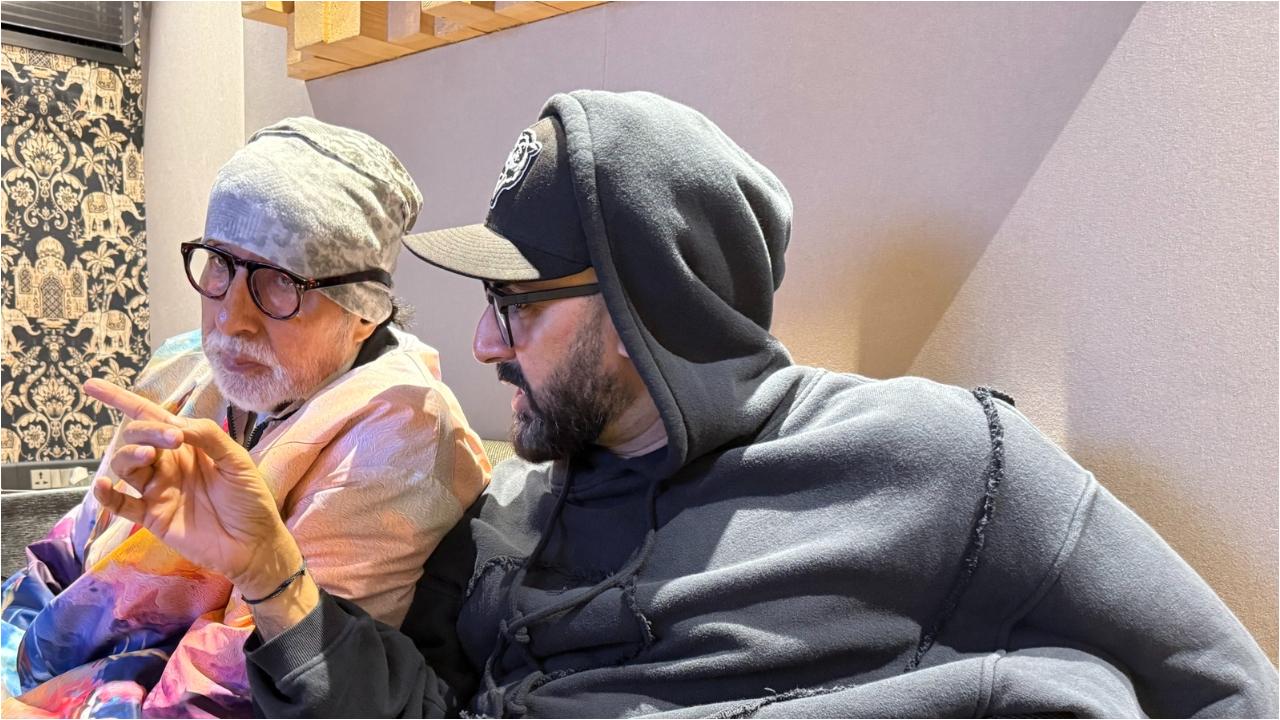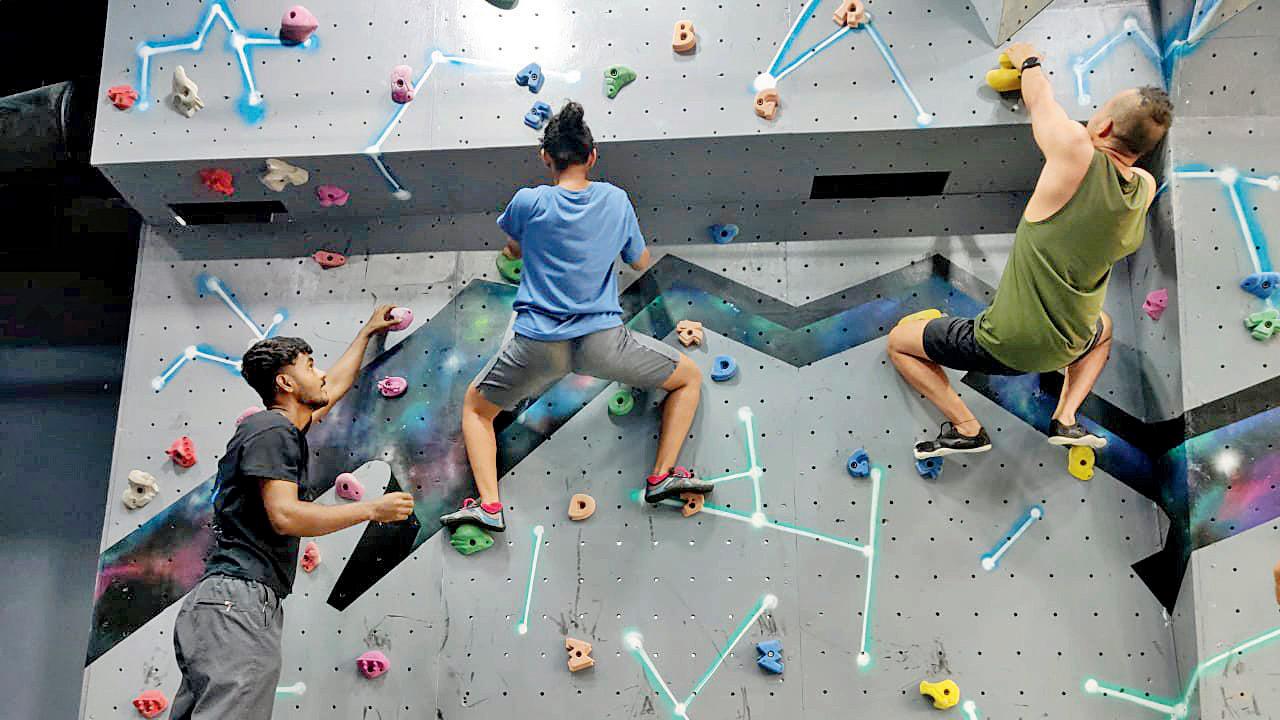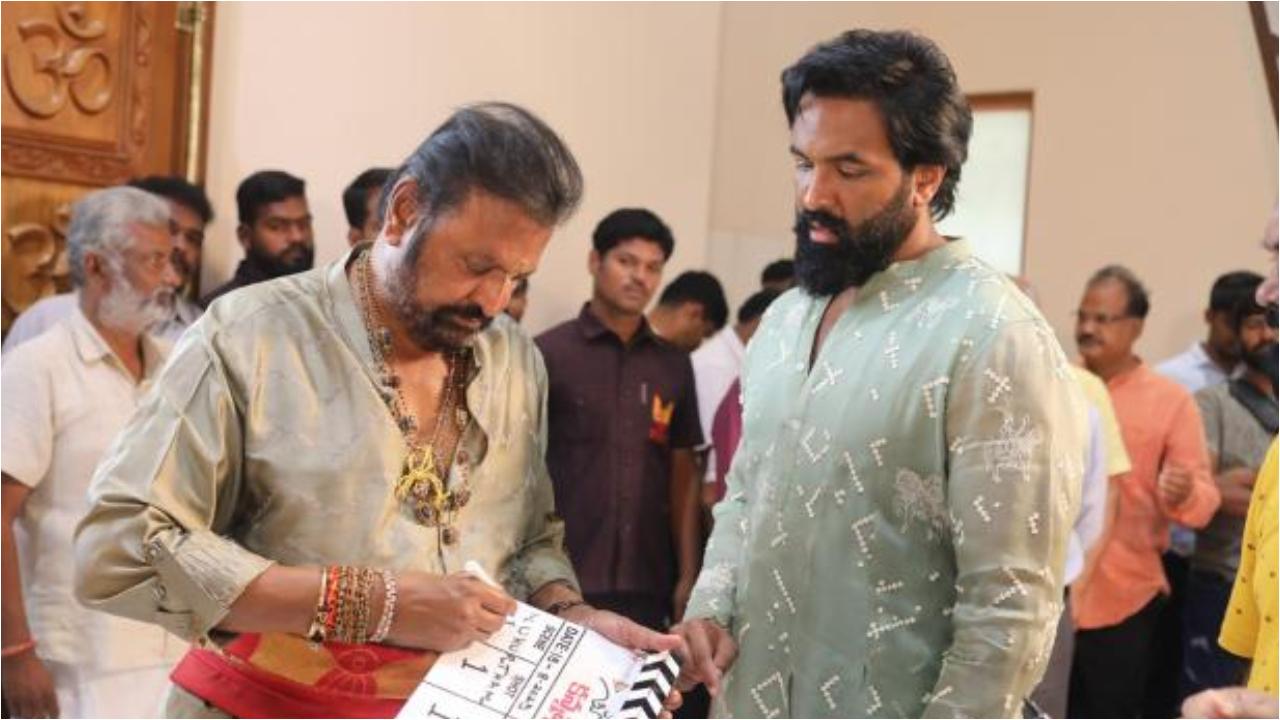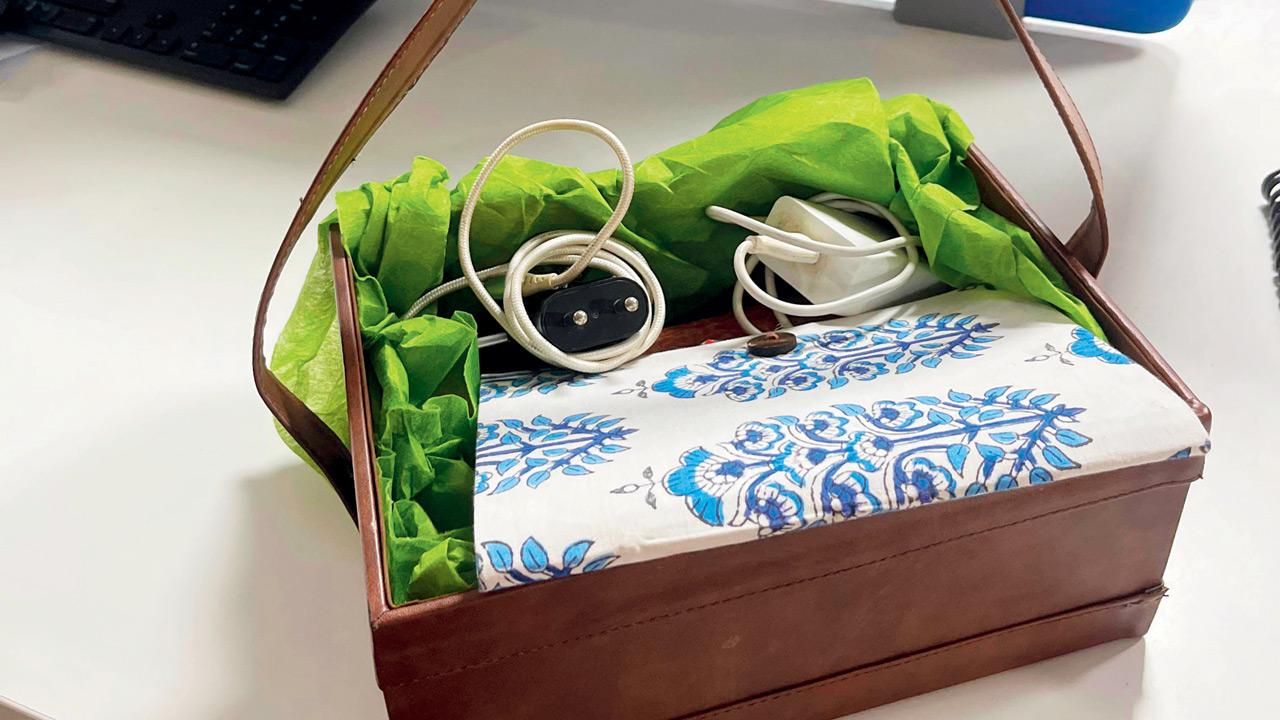
Apoorva Mukhija has known both spotlight and shadows intimately this year. Popularly known as the Rebel Kid, she carved a space for herself on the internet with bold content that mirrored the chaos of Gen Z life. But earlier this year, things spiralled out of control. A clip from India’s Got Latent went viral for all the wrong reasons, setting off a storm of hate, threats, and moral policing. And just like that, Mukhija went silent. Now, with her return on Amazon Prime Video’s The Traitors, she’s speaking but not to explain herself. In this exclusive conversation with mid-day, the social media star reflects on what it means to survive the internet’s ugliest side and why she was no longer trying to be understood. This is Apoorva 2.0, unbothered, but on her own terms.
Excerpts from the interview:
You’ve called this your Apoorva 2.0 era. What did you have to leave behind from your former self to become who you are now?
Apoorva 1.0 looked confident but doubted everything. I didn’t know how to take compliments. If someone said, “You’re smart” or “I love your content,” I’d assume they were being sarcastic. I had low self-esteem, even when things looked great on the outside. I’d read every comment, DM [direct message], roast and let it eat away at me. After everything that happened, I just stopped. Not because I stopped caring, but because I finally proved to myself that I can survive things. Now I trust myself more. I make content because I enjoy it. I’ve found the people who really matter to me. For the first time, I felt I didn’t need the internet to tell me who I am. I read this quote that said, “You accept the love you think you deserve” and I just never thought I deserved any. I realised I am not the comments I get on Instagram.
After the backlash, you went silent. What happened during those weeks offline?
I am not going to say I meditated, did yoga, and reconnected with nature. I mostly just doom scrolled Instagram, watched everything being posted about me, and fought with God in my head. But after a few weeks of that chaos, something weird happened — I almost forgot about the internet. I started living the way normal people live, when their lives aren’t being consumed by [social media]. I took a few trips. I wasn’t vlogging or performing, I was just there. I realised I had completely lost touch with who I actually was. And during those offline weeks, I found her again.
After receiving threats of rape, acid-attack, and being publicly vilified, what do you think we’re still getting wrong about how we treat young women with opinions in the digital space?
I think we’ve forgotten that the internet was meant to be fun, for expression, and play. But now, everyone takes everything personally — like it’s their full-time job to hand out moral report cards. If someone doesn’t agree with you, it’s not just disagreement; it’s suddenly an attack. We’ve turned the internet into a courtroom, and somehow, women always get the worst verdict. If we cry, we’re playing the sympathy card. If we don’t, we’re cold. If we clap back, we’re toxic. If we stay quiet, we’re guilty. People say they want accountability, but what they really want is control, especially over women with opinions.
When you returned, it wasn’t with an apology. Did forgiveness for yourself or others play any role in your return? Or was it more rebellion than reconciliation?
I didn’t come back because I wanted people to forgive me. I came back because I needed to forgive myself for saying something stupid, for getting caught in something so messy, for going through all of it and somehow still blaming myself for it. That’s what took time. It was about release, about letting go of the shame, the overthinking, and the what-ifs. The comeback wasn’t a statement to the world. It was a promise to myself: that I am allowed to grow, to move on, to not let one moment define the rest of me.
What made you say yes to The Traitors? Do you worry about being edited, framed, or misunderstood all over again, this time on streaming?
Some people just make for great villains, because all great villains are smart, sassy, and they stress everyone out. I don’t mind being edited as the villain. I know exactly who I am, and I am extremely confident in that. They can edit me however they want and that’s not in my control. What is in my control is showing up, being unmissable, undeniable, and playing the game while serving reality TV gold. That’s why I said yes to The Traitors. I wasn’t scared of being misunderstood. I was excited because it was unforgettable.
Apoorva Mukhija’s advice to women
If you’re going through something good, enjoy it. But if you’re going through something horrible, that’s also okay. One day, it’ll make for a great story. The people with the most depth often come from the hardest chapters. I try to live my life like it’s a story I’ll tell when I am 80. Whenever I am unsure about what to do next, I ask myself — what would I do if I knew someone was listening to this story later? What decision would make it worth telling? If it ever feels like your story is heading toward a sad ending, just remember, it’s not over till you say it is.

